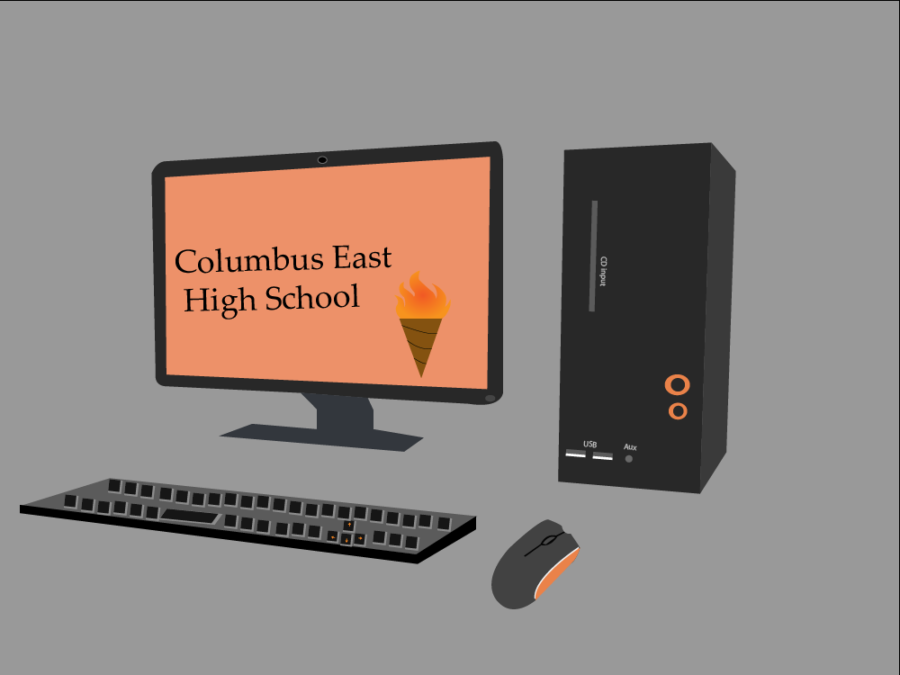The Future of the PC
January 29, 2018
Recent years have seen a decline in sales of personal computers, presumably as consumers gravitate towards mobile computing devices such as tablets and smartphones. This fact is concerning for some, who fear that increasing capabilities of mobile devices could one day make the home desktop PC obsolete. It is true that smartphones have come a long way in the last decade, and new models allow users to complete many everyday tasks right from their phones.
Smartphones are now a platform where the majority of technology users browse the web, use calendars and organizers, message and call others, stream video, and even play games for leisure. While for many, these tasks alone are all that are needed, many processor-heavy tasks still require the inherently superior capabilities of desktop PCs.
Just as modern phones have pushed boundaries in what they can accomplish, desktop computers have come leaps and bounds in recent years. High end video-editing and gaming computers now sport multiple terabytes of hard drive or solid state storage, and 32-64 gb of RAM. This fact is often undermined, since the average computer user is likely to be using a more modest machine.
The average computer user in 2018 will likely find that their smartphone can accomplish nearly all of what they typically use a computer for. Besides lacking a full keyboard, mobile devices are a great platform for business and productivity tasks as well as personal use.
However, anyone can see that business computers will remain a market comfortably in the near future. Having a full sized keyboard, monitor, larger storage size, and more rigorous programs make them more suited for a work space.
While it is certainly possible to accomplish work tasks on a phone, for situations where mobility is not a concern, such as office spaces, PCs reign supreme. However, this may not remain the case forever, because there are developing technologies which perhaps allow a middle ground between a mobile device and desktop computer.
Concepts of a mobile device which can dock in a workstation and provide processing resources have been experimented within recent years. Razer’s project Linda, and Microsoft’s Surface Lumia aim to provide users the ability to transition from their mobile device to a desktop experience with a simple docking system. However, the projects remain just proof of concept at this point in development.
In the near future, as mobile computer hardware becomes more robust, the world of technology will likely see an even further level of integration between mobile and desktop computer systems. With current display and keyboard technology, no mobile device is able to match the comfort and reliability of the desktop workstation, which is likely to remain a valuable component of computer technology in the foreseeable future.
The views expressed in this article do not necessarily reflect the views of The Oracle, Columbus East High School, and Bartholomew Consolidated School Corporation.






